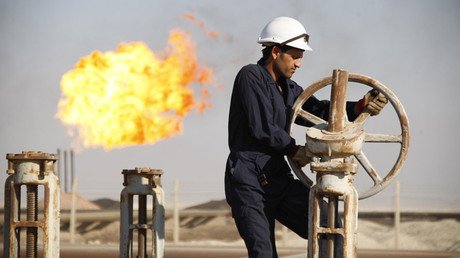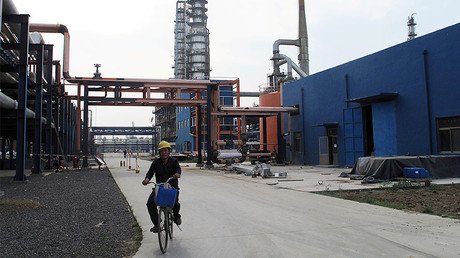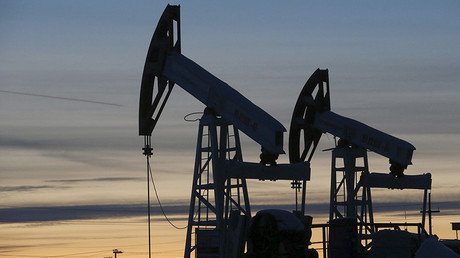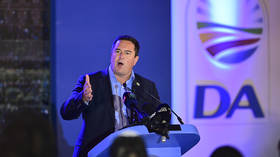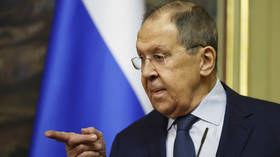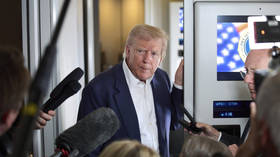OPEC’s №2 producer goes rogue, plans 600,000 bpd oil output increase
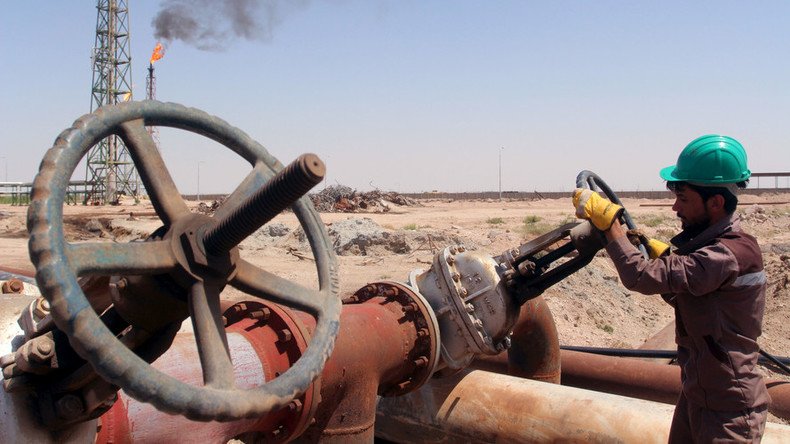
Iraq has plans to boost its crude oil production by 600,000 barrels per day (bpd) to 5 million bpd by the end of this year, regardless of its participation in OPEC’s production cut deal.
Iraq is the cartel’s second-biggest exporter of crude and has been the most disinclined of all parties to the agreement since its inception, with a lot of observers expecting it to be the first one to cheat.
Iraq’s first problem is that as much as 95 percent of its budget revenues come from crude oil. There are no viable alternatives in sight for revenues at the moment. The second problem that the country has to contend with is its war with Islamic State, which makes these revenues more important than ever.
Amid the final push against IS in Mosul, Iraq is working hard to ensure the sustainable growth of its oil and gas industry—OPEC deal or no OPEC deal. Three months ago, Oil Minister Jabar al-Luaibi said that Baghdad is planning to build five new refineries on an investment basis, in addition to fixing and expanding existing refineries that were damaged in the war with IS.
While Al-Luaibi has repeatedly assured media—and indirectly, investors—that Iraq will stick to its OPEC commitment, Iraq is doing whatever it can to boost its returns from its only significant natural resource.
As part of these efforts, the government recently started a review of the contracts it has with foreign oil companies operating local fields in a bid to better match its interests to those of the operators. Currently, international oil companies in Iraq are working under the so-called technical service contracts, which a few years ago, forced them to reduce production from some of the country’s biggest fields because Baghdad had no money to pay them for operating the fields.
Baghdad is also cooperating with Tehran to make the most of the oil finds that the two neighbors share. Bilateral relations have been uneven historically but now that both Iraq and Iran are scrambling with their respective problems, a partnership has emerged as the mutually beneficial way to proceed. It is also strengthening its ties with other neighbors and farther countries such as Egypt, European Union members, and the U.S.
A 600,000-bpd production increase would be substantial, but Al-Luaibi did not disclose the source of this increase. Huge fields such as West Qurna, Rumaila, and Majnoon are nowhere near depletion, so Iraq could significantly boost production in these fields.
Read more on Oilprice.com: When Will Russia Run Out Of Oil?
Then there is one more candidate for additional production: the Kirkuk field in the Kurdistan Autonomous Region. Kirkuk currently produces less than half a million barrels of crude daily, even though its can pump as much as 1 million bpd. The problem – yet another big one for Baghdad – is that the Kurdistan Regional Government is as eager as Baghdad to take full control of the field.
Tensions between the central government and the KRG have been simmering for a while now, and of course, it’s all about the oil, as both sides throw accusations at each other of overstepping its boundaries.
For now, Iraq’s plans to increase production seem to be vague, unless Al-Luaibi and the rest of the government just don’t want to go public with more specific plans. Given the price environment, however, and the growing likelihood that the production cut will be extended, Iraq’s output-boosting efforts have the potential of a major headwind for prices in the second half of the year.
This article was originally published on Oilprice.com
